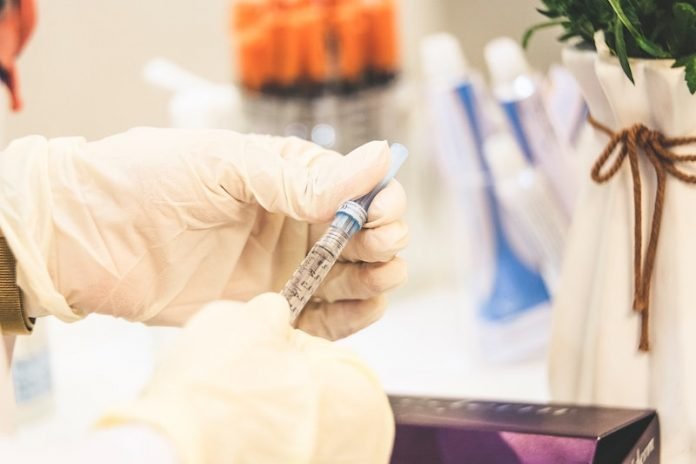
In a new study, researchers found that the drug plitidepsin worked better at treating COVID-19 than did remdesivir in a lab setting.
The research was conducted by a large team from several institutions in the U.S., France and Spain.
As the pandemic has unfolded, medical researchers have looked to drugs already approved by agencies such as the FDA to treat the disease—using them in new ways is much faster than developing, testing and trialing new drugs.
As part of that effort, the drug remdesivir was found to help those afflicted with the new disease.
Unfortunately, it is not always effective as the many continued deaths from the pandemic have shown.
In the study, the team shifted their focus from drugs like remdesivir, which do their work by attacking proteins on the surface of the SARS-CoV-2 virus, to something new.
They looked for drugs that do their work by inhibiting human protein production of proteins that are needed by the virus to survive.
Their search led them to plitidepsin, a drug currently used to treat multiple myeloma (a type of bone marrow cancer).
Plitidepsin inhibits production of eEF1A, a protein that is used by cells to create other proteins.
Prior research showed that the SARS-CoV-2 virus needs eEF1A to make its own proteins. In its absence, the virus dies.
The team used the drug to fight against SARS-CoV-2 virus samples that were infecting lung tissue in a petri dish.
Doing so showed it to be 27.5 times as effective at killing the virus as remdesivir.
The team also tested the drug by using it in infected mouse models and found it greatly reduced viral load and replication.
The researchers note that an advantage of using drugs that target human proteins instead of viral proteins is that such drugs are far less likely to allow the virus to build an immunity to them.
They suggest their results thus far strongly suggest that plitidepsin be studied further to determine if it would be effective in human patients and to see if using it would be safe for COVID-19 patients.
The study is published in Science.
Copyright © 2021 Knowridge Science Report. All rights reserved.



